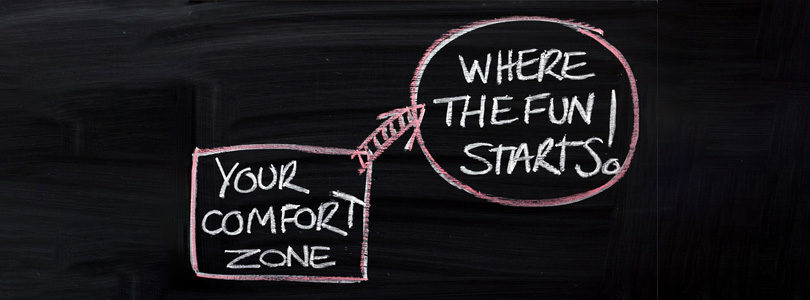
I spend a lot of my business life working as a coach to large infrastructure projects particularly utilising collaborative contracting models such as the Alliancing model. I am privileged to work with many constructive leaders who are great role models for their teams. Coaching is an important part of their development as leaders in looking for strategies and insights to continue to make them more effective leaders. It is considered standard practice and a critical element to building a high performing team.
I find for organisations we work with it is not as common for leaders to utilise a coach. I am not sure of the reasons why given how critical a coach can be. This is explained brilliantly well in a recent blog by Seth Godin (link to blog) who wrote the following:
At the top tier of just about any sort of endeavor, you’ll find that the performers have coaches.
Pianists, orators and athletes all have coaches. In fact, it would be weird if we heard of someone on stage or on the field who didn’t have one.
And yet, in the world of business, they’re seen as the exception.
Part of the reason is that work feels like an extension of something we’ve been doing our whole lives. Figure skating isn’t like school, but showing up at work seems to be. “I’ve got this,” is a badge of honour.
And part of the reason is that a few coaches have made claims that stretch belief, and we’re not actually sure what they do. It doesn’t help that there’s no easy way to identify what sort of coach we need or what we’re going to get…
It turns out that the people with the potential to benefit the most from a coach are often the most hesitant precisely because of what coaching involves.
Talking about our challenges. Setting goals. Acknowledging that we can get better. Eagerly seeking responsibility…
And yet we avert our eyes and hesitate. It might be because having a coach might be interpreted as a sign of weakness. And what if we acknowledge our challenges but fail to overcome them? It could be that we don’t want to cause change to happen, or that we’re worried that we will.
One company I admire believes in coaches so much that they’ve put several on staff, ensuring that their leadership all benefit from one. But mostly, it’s something we have to pay for ourselves.
And so, paying for a coach, for something that’s hard to measure, which might be socially awkward, to get better at something that feels normal—combine that with a hesitancy to ask for help—it’s a wonder anyone has a coach.
The paradox is that the very things that hold us back are the reasons we need a coach in the first place.
An exceptional insight in to the value of a coach. For me, if you are serious around developing your career and improving your effectiveness as a leader, a coach is a critical piece to achieving this.
From my perspective, I have identified a number of reasons why I believe engaging a coach is critical for any leaders:
- Coaches hold you accountable to developing yourself further. Continual incremental improvements with a focus on becoming more effective every day;
- Coaches with the appropriate 360-degree feedback leadership assessment tools help you to become more self-aware. Receiving feedback on your leadership style and impact is critical given that as Dan Sullivan my previous coach says “All progress starts when we tell each other the truth”;
- Coaches generally work across industries and organisations so have the benefit of being exposed to different leadership, cultures, frameworks and practices. The benefit of these learnings can be transferred or taught to the coachee;
- Coaches provide an objective perspective to situations, challenges and scenarios you may be experiencing. This objectivity can be used to coach you through these challenges in a way where you own the outcome not the coach;
- Engaging a coach guards against complacency as a leader. Continually being challenged and being prepared to be open to different perspectives is a great way to continue to learn, grow and improve but also ensure that previous success does not lead to complacency;
- You are able to have confidential discussions with coaches without any fear of recrimination or judgement. This is important in ensuring the coach creates a safe and trusting environment for leaders to speak openly and honestly; and
- It also sets the tone for your team and others in your organisation or project. The message is a powerful one when senior leadership is open enough to being coached. It is great role modelling around having a growth mindset to continually learning and growing starting from the top.
I think Seth Godin’s perspective is a powerful one. Athletes at the highest level would not go into competition without a coach. They receive feedback daily from their coaches in their quest to improve every day and realise their potential. This is the mindset that we need to be instilling in organisation and project leaders in accepting the challenge, privilege responsibility of being a constructive leader that creates an environment for outstanding outcomes to be achieved.



